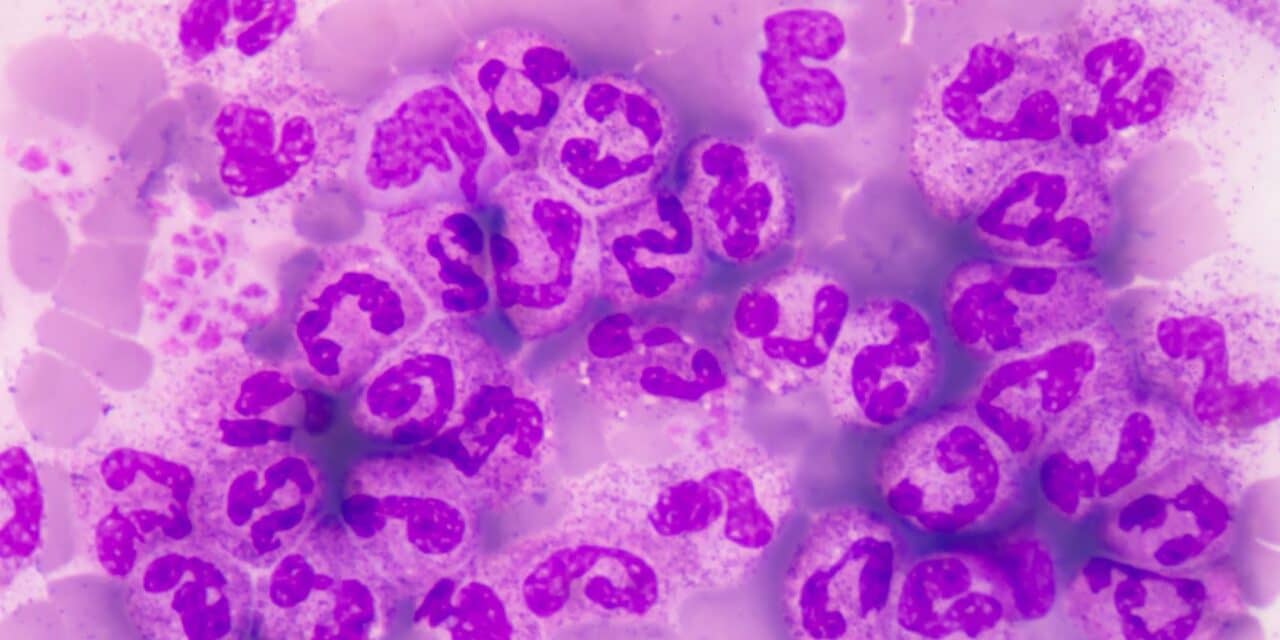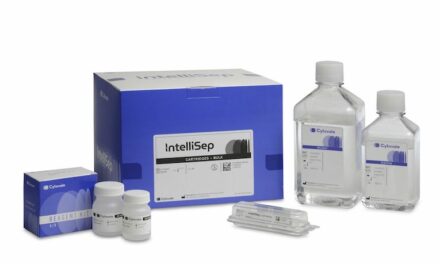Prenosis, Inc., a precision diagnostics company transforming clinical diagnosis with predictive intelligence, is expanding its existing partnership with Roche Diagnostics that will total close to $6M to improve and expedite the clinical recognition of hospital sepsis through advanced precision diagnostics. Building on the collaboration that the companies started together in 2020, Prenosis will significantly expand its core NOSIS dataset, and the two companies will work together to obtain U.S. Food and Drug Administration (FDA) clearance for the Prenosis Sepsis Immunoscore and the Roche Elecsys IL-6 Assay. These tools aim to provide physicians with powerful new solutions for fighting sepsis through early risk identification, according to the companies.
The Prenosis dataset, which features Elecsys IL-6 measurements, in addition to measurements of a diverse set of parameters representing several different dimensions of immune response, is a hybrid biomarker-clinical dataset for sepsis care. The partnership drives the unique combination of a traditional diagnostic test with next generation predictive analytics, demonstrating the potential to usher in a new era of holistic digital diagnostics for more comprehensive profiling of complex heterogeneous hospital conditions.
According to the World Health Organization, more than 11 million people die from sepsis worldwide annually, more than the deaths caused by all cancers combined. Studies show that hospital sepsis is the leading cause of death in U.S. hospitals, with total annual costs of treatment and rehabilitation estimated at $62 billion.1 Before the COVID-19 pandemic, at least 1.7 million adults in the United States developed sepsis annually. During the pandemic, this problem was greatly exacerbated, as most COVID-19 deaths are due to viral and/or bacterial sepsis.2
Early prediction of at-risk patients that require emergency department evaluation and hospitalization can dramatically improve outcomes. Combining routinely obtained clinical information with additional critical biomarkers could help identify at-risk patients earlier and more accurately for life-saving treatment.
The Roche Elecsys IL-6 assay measures interleukin-6 concentrations from patient plasma or serum samples. Elecsys IL-6 is a predictive biomarker essential in the disease pathways of many inflammatory conditions, including sepsis thanks to its early elevation. The Elecsys IL6 results can be provided in 18 minutes. The Prenosis Sepsis Immunoscore diagnostic utilizes the combination of Elecsys IL-6 with other sepsis biomarkers and distinct clinical risk parameters and aims to predict, diagnose and treat sepsis earlier.
“We are excited to expand upon our relationship with Roche and to accelerate the birth of ‘prenostic’ testing to help reduce the burden of the sepsis crisis,” says Prenosis CEO and Co-Founder Bobby Reddy, Jr. “Prenostics, or predictive and precise diagnostics, test the right patient parameters at the right time for the right clinical situation/context. The Prenosis platform is ushering in a new era in pre-emptive diagnostic testing. The implications are groundbreaking: we have the ability to accurately and cost-effectively predict disease much earlier, enabling prevention instead of treatment.”
The Sepsis ImmunoScore is an artificial intelligence/machine learning (AI/ML) software as a medical device (SaMD) that Prenosis intends to submit to the FDA for clearance by the end of the year. It is intended to aid in the risk assessment for progression to sepsis of patients admitted to the emergency department or hospital. The solution incorporates holistic, multidimensional inputs using machine learning to more adequately capture the vast heterogeneity of sepsis and to improve accuracy of diagnosis compared to the current standard of care risk assessments. The solution incorporates 23 parameters from the patient’s hospital electronic medical record (EMR), including demographics, vital signs, labs, and other specific hospital sepsis biomarkers, including Elecsys IL-6.
The diagnostic creates a calculated sepsis risk score, a risk stratification category and other supplemental information that can be visualized in a hospital sepsis patient view within a hospital electronic medical record or via a web interface. By employing parameters representing many dimensions of information, the Sepsis ImmunoScore seeks to more effectively diagnose sepsis and risk stratify patients for care based on severity of illness.
References
1 Buchman, Timothy G. PhD, MD, et al, Sepsis Among Medicare Beneficiaries: 1. The Burdens of Sepsis, 2012–2018*, Critical Care Medicine: March 2020 – Volume 48 – Issue 3 – p 276-288 doi: 10.1097/CCM.0000000000004224
2 Karakike, Eleni MD, et al, Coronavirus Disease 2019 as Cause of Viral Sepsis, Critical Care Medicine: July 12, 2021 – Volume – Issue – doi: 10.1097/CCM.0000000000005195





